Choosing the right HVAC dry cooler can significantly impact your facility's efficiency and operational costs. This guide provides an in-depth look at selecting the best HVAC dry cooler for your specific needs, covering key features, considerations, and leading brands. We'll explore different types, sizes, and applications to help you make an informed decision.
Understanding HVAC Dry Coolers
What is an HVAC Dry Cooler?
An HVAC dry cooler, also known as an evaporative cooler or air cooler, is a refrigeration system component that removes heat from a refrigerant using air instead of water. Unlike traditional water-cooled systems, HVAC dry coolers offer several advantages, including reduced water consumption and simplified maintenance. They're ideal for various applications, from industrial processes to large commercial buildings. Understanding the nuances of different types is crucial to selecting the right one for your application. For example, Shanghai SHENGLIN M&E Technology Co.,Ltd (https://www.ShenglinCoolers.com/) offers a wide range of high-performance HVAC dry coolers designed for optimal efficiency and reliability.
Types of HVAC Dry Coolers
HVAC dry coolers come in various configurations, each designed for specific cooling needs and environmental conditions. Key distinctions include:
- Air-cooled condensers: These are the most common type, using ambient air to dissipate heat. They're relatively simple and require less maintenance compared to water-cooled systems.
- Evaporative condensers: These utilize evaporative cooling to improve efficiency, especially in hot and dry climates. They consume less energy than air-cooled condensers, but require a water supply.
- Adiabatic cooling systems: These systems combine air cooling with evaporative cooling, resulting in higher efficiency and reduced water consumption.
Factors to Consider When Choosing an HVAC Dry Cooler
Cooling Capacity
The cooling capacity, usually measured in tons or kW, should match the cooling needs of your HVAC system. Underestimating this can lead to inefficient operation, while overestimating it results in unnecessary costs. Accurate load calculations are crucial for optimal selection.
Airflow and Pressure Drop
The airflow rate and pressure drop across the HVAC dry cooler influence its effectiveness. Sufficient airflow ensures efficient heat dissipation, while minimizing pressure drop reduces fan energy consumption. These factors are intertwined and must be carefully considered during the design process.
Refrigerant Compatibility
The HVAC dry cooler must be compatible with the refrigerant used in your system. Different refrigerants have varying operating pressures and temperatures, and choosing an incompatible cooler can lead to system malfunctions or damage. Always check manufacturer specifications for compatibility.
Top Brands and Models
Several reputable manufacturers produce high-quality HVAC dry coolers. Researching different brands and models allows for comparison based on features, performance, and pricing. Always check reviews and seek expert advice to find the best fit for your specific requirements.
Installation and Maintenance
Proper installation and regular maintenance are critical for ensuring the longevity and efficiency of your HVAC dry cooler. Following manufacturer guidelines and engaging qualified professionals for installation and service is recommended. Regular cleaning and inspections can prevent premature failures and optimize performance.
Conclusion
Selecting the best HVAC dry cooler involves careful consideration of several factors, including cooling capacity, airflow, refrigerant compatibility, and budget. By understanding these key aspects and researching available options, you can choose a HVAC dry cooler that meets your specific needs and provides reliable, efficient cooling for years to come. Remember to consult with HVAC professionals for personalized guidance.
For a detailed comparison of different HVAC dry cooler models and their specifications, consider consulting manufacturer websites.
Disclaimer: This guide provides general information and should not be considered professional advice. Always consult with qualified HVAC professionals for specific recommendations and installation.









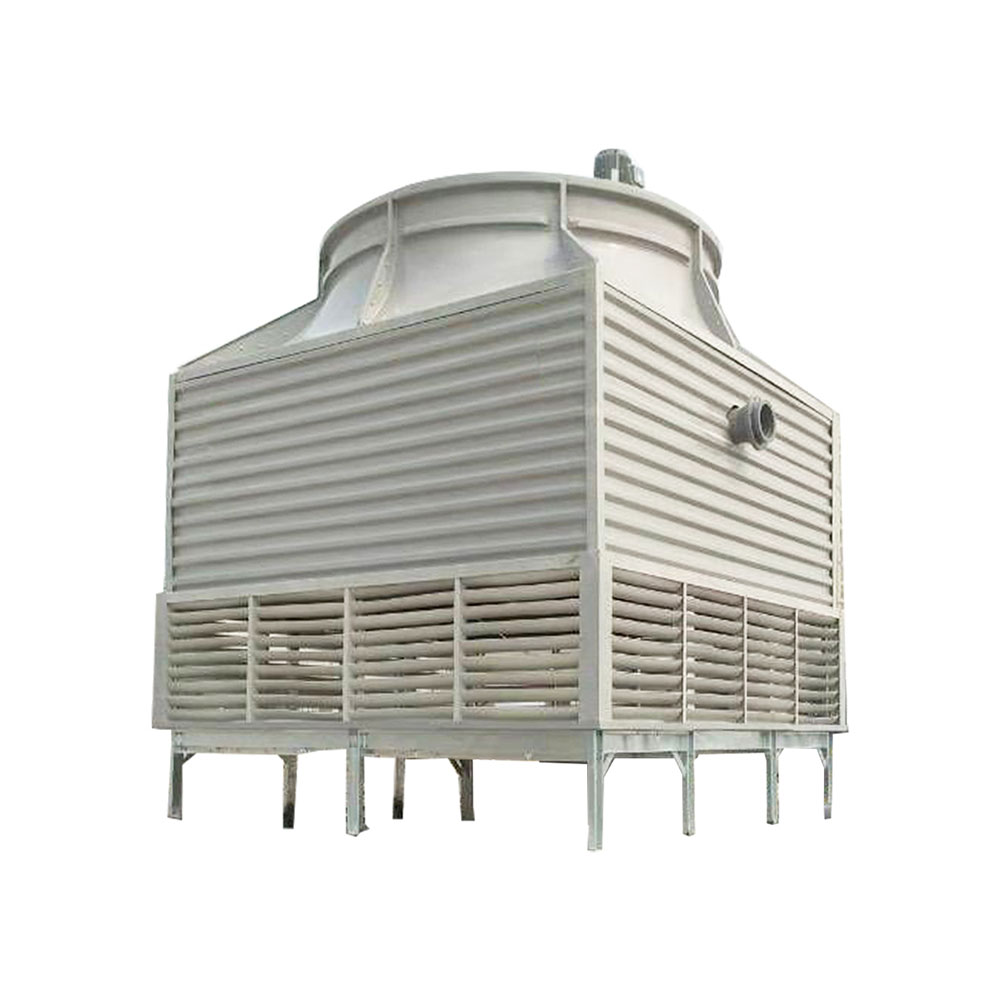
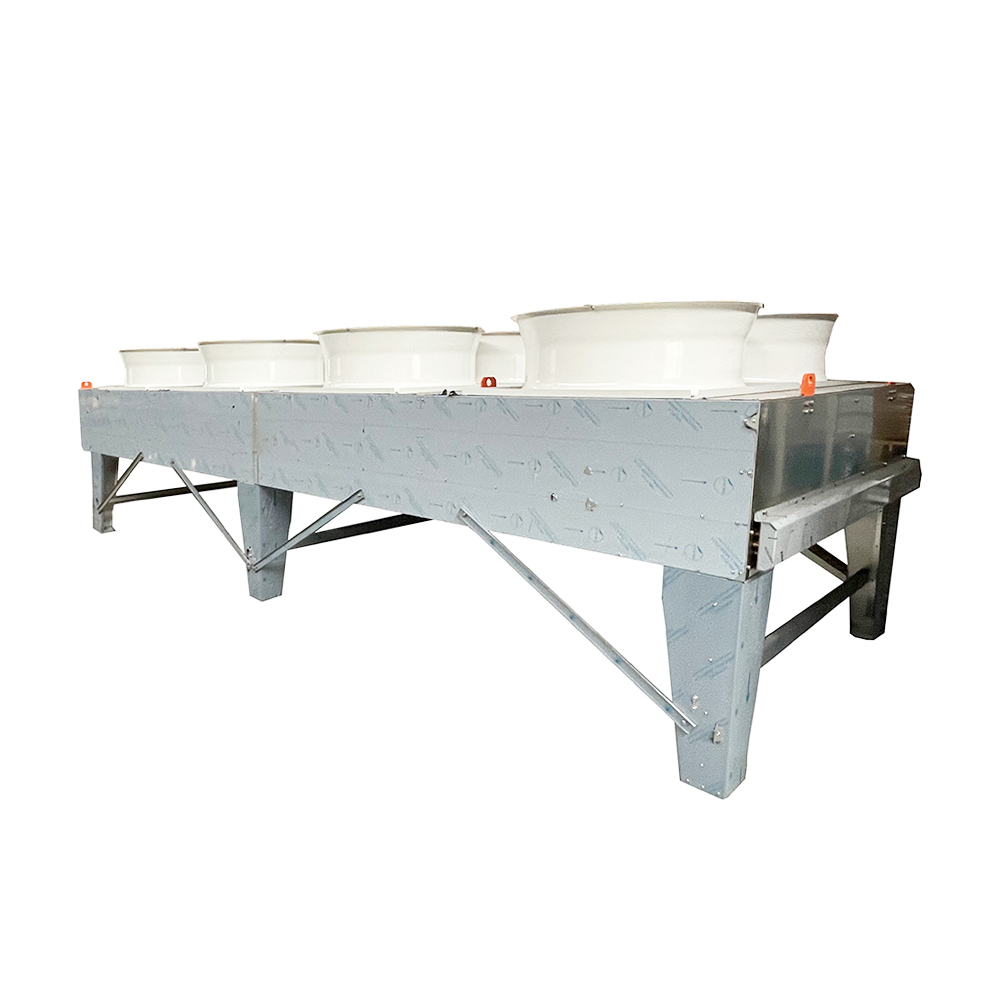
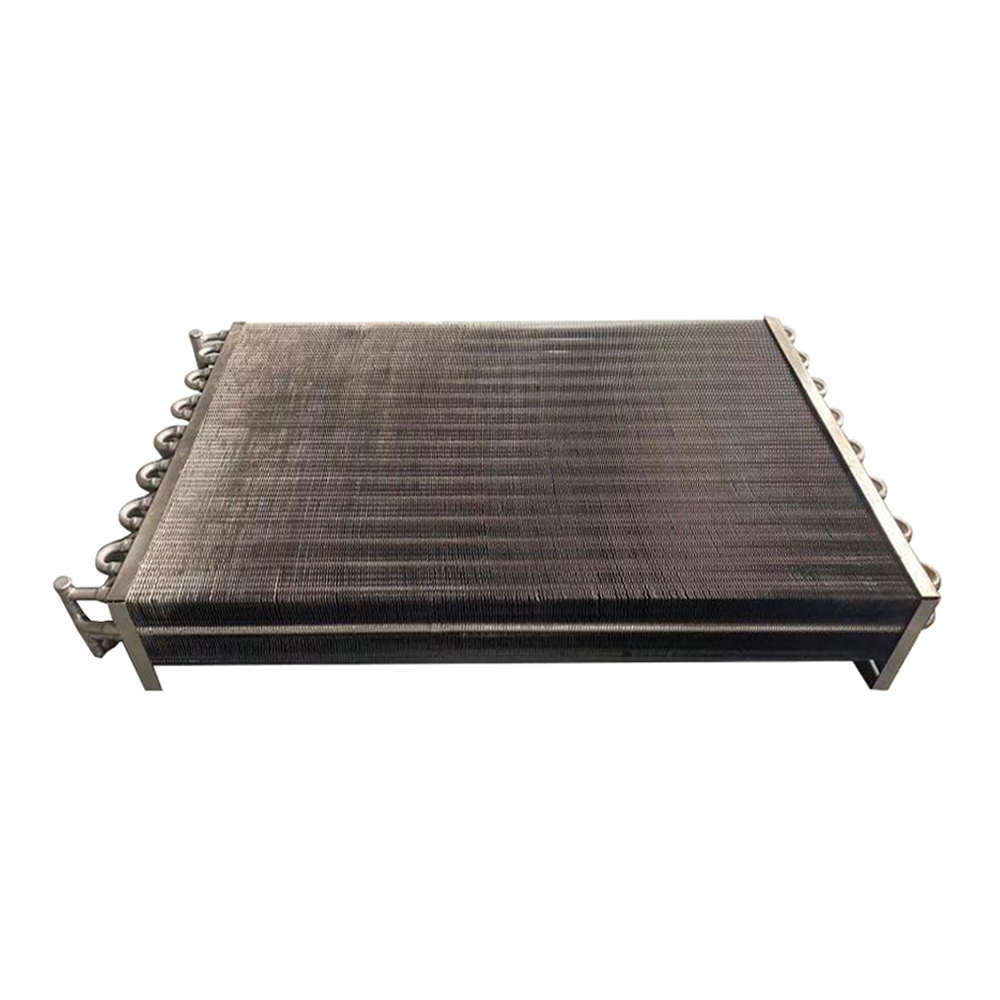
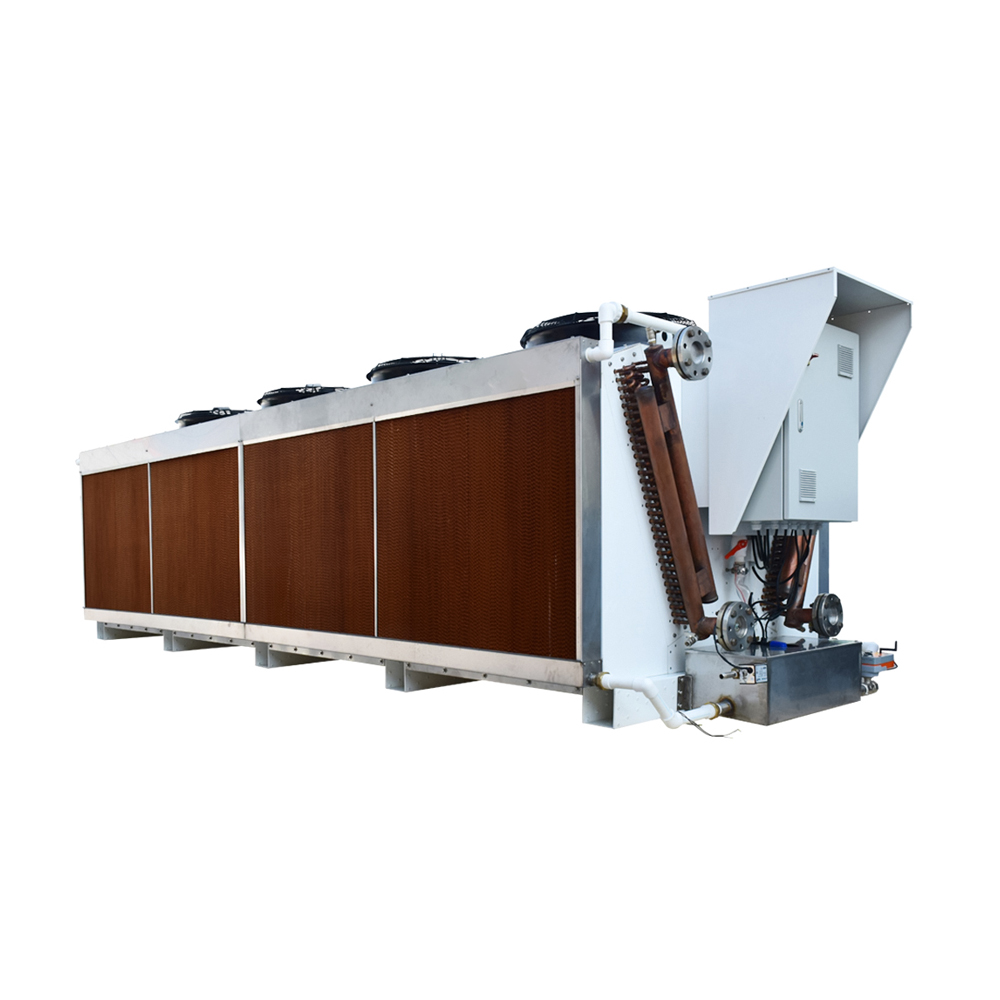
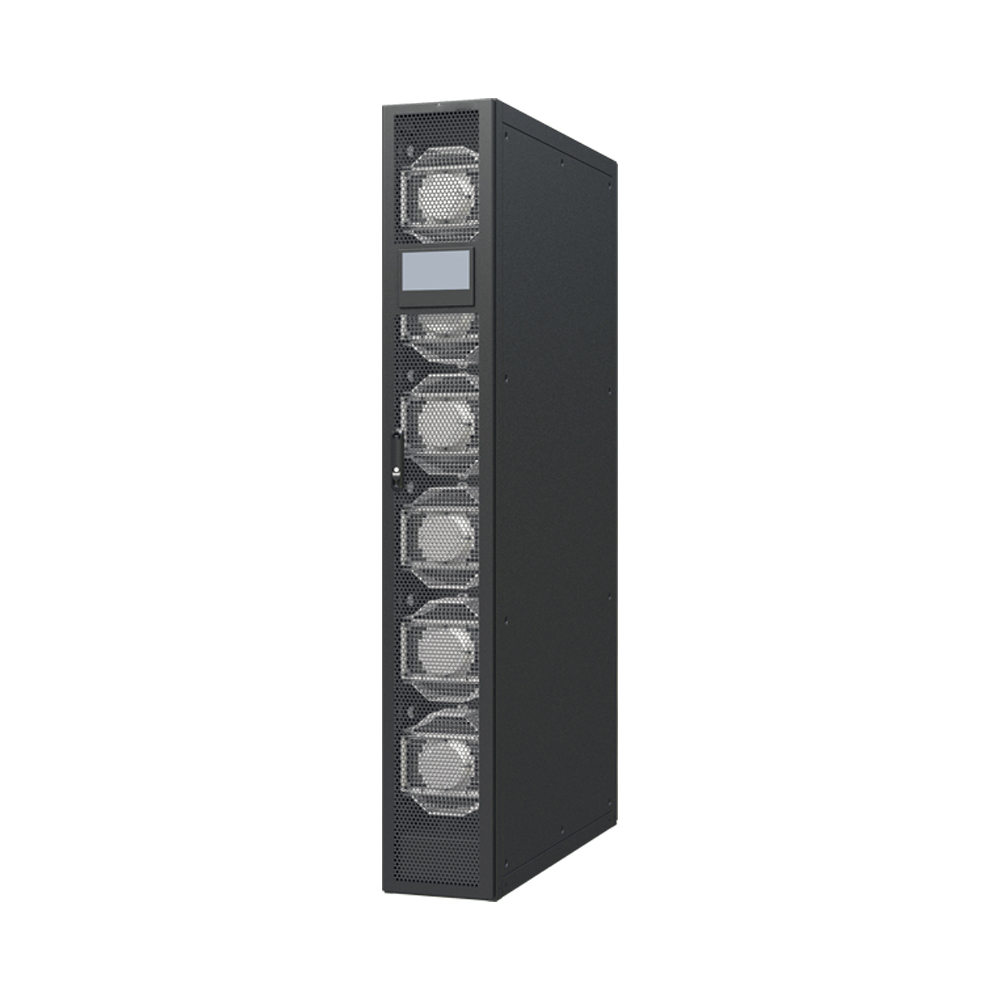
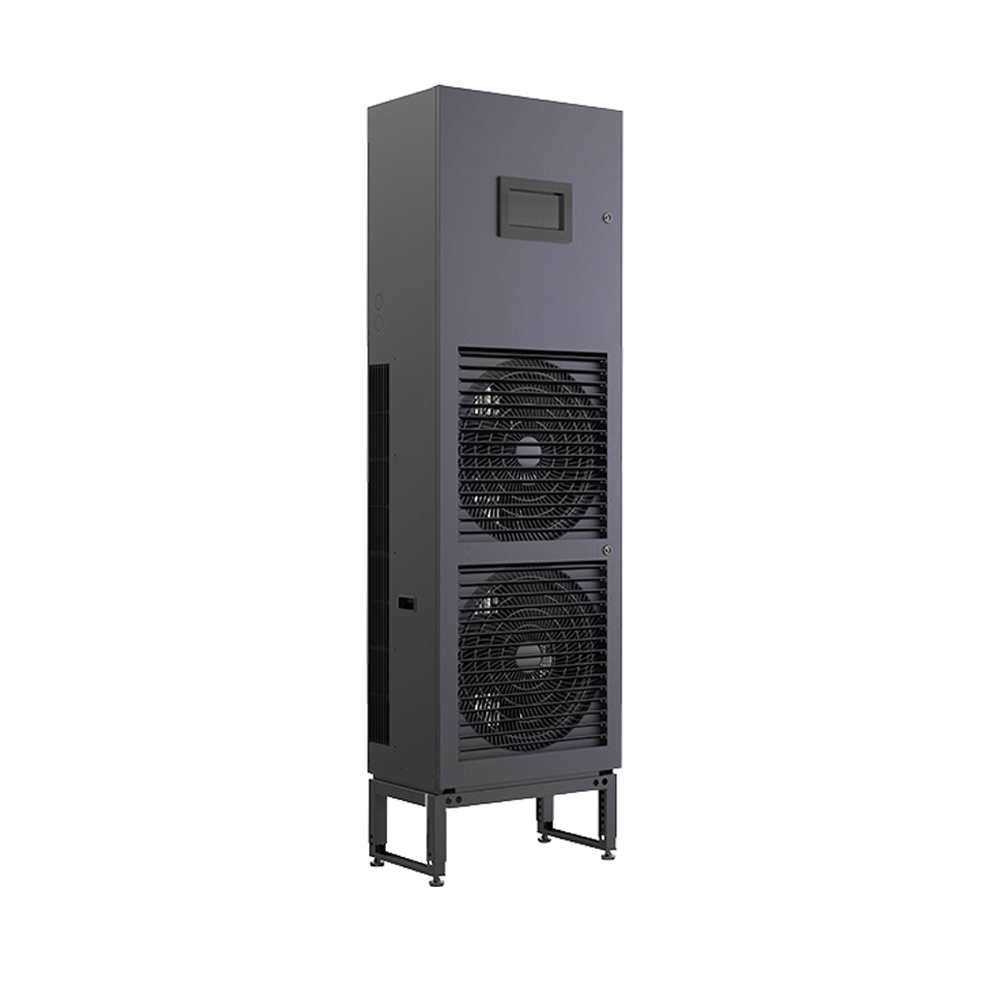
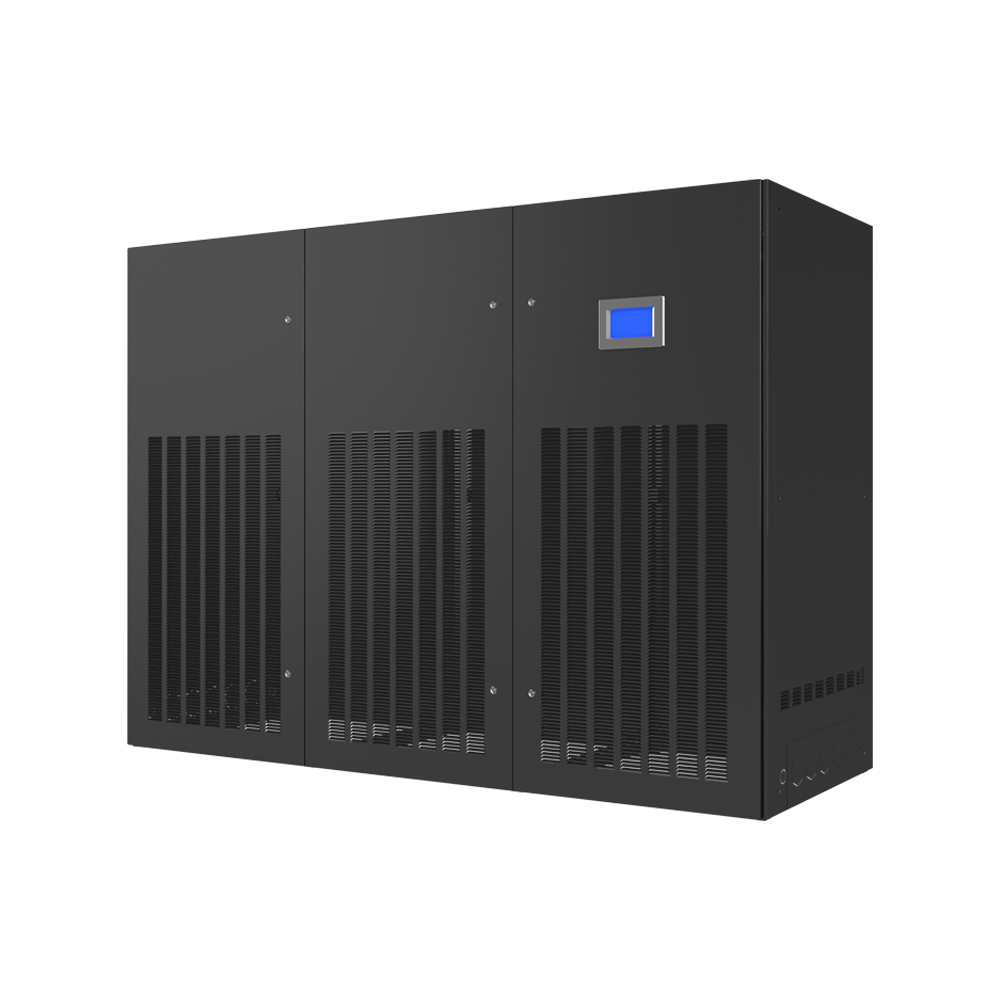
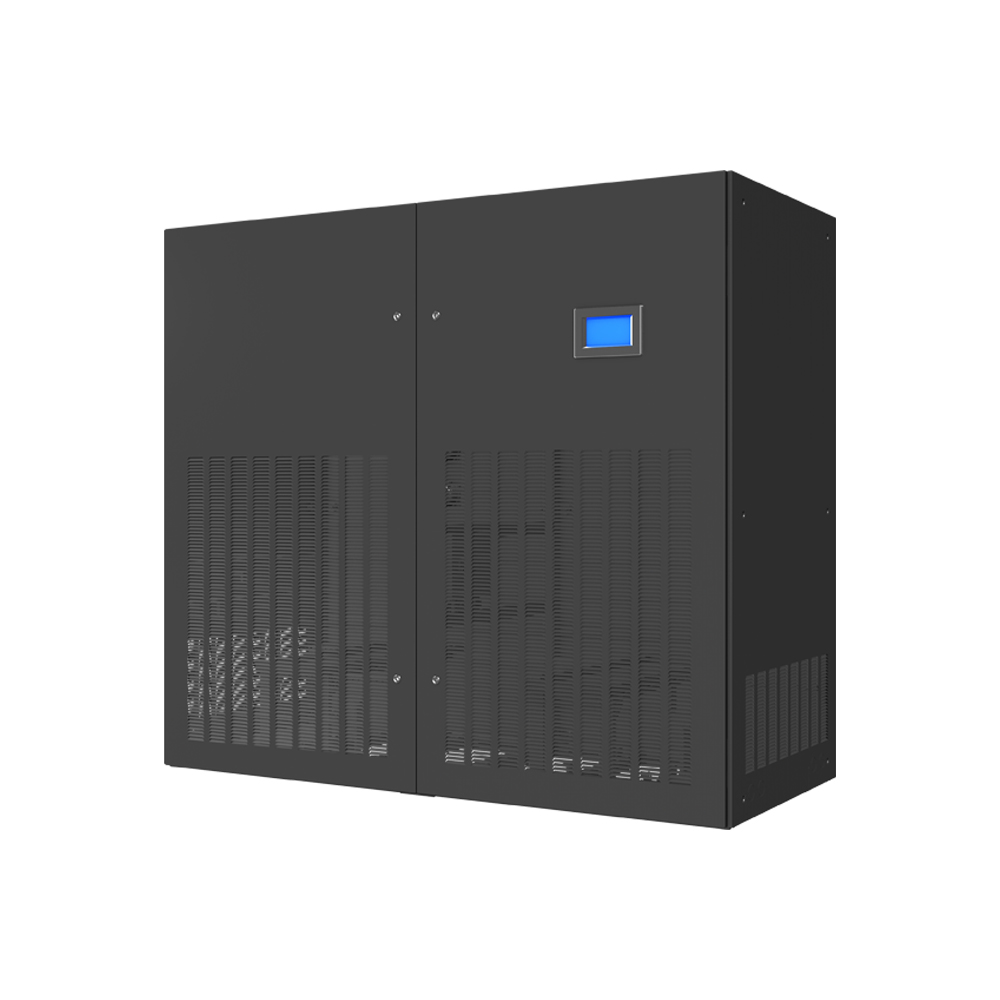

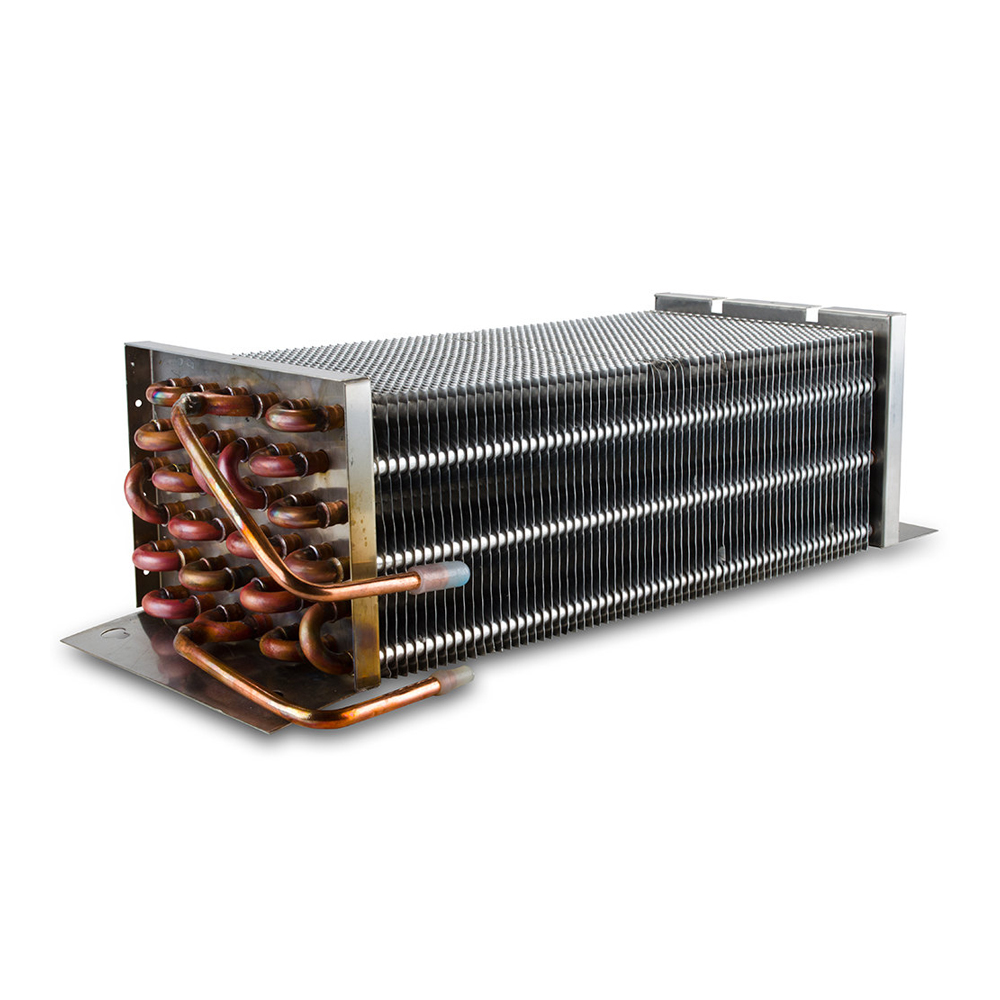
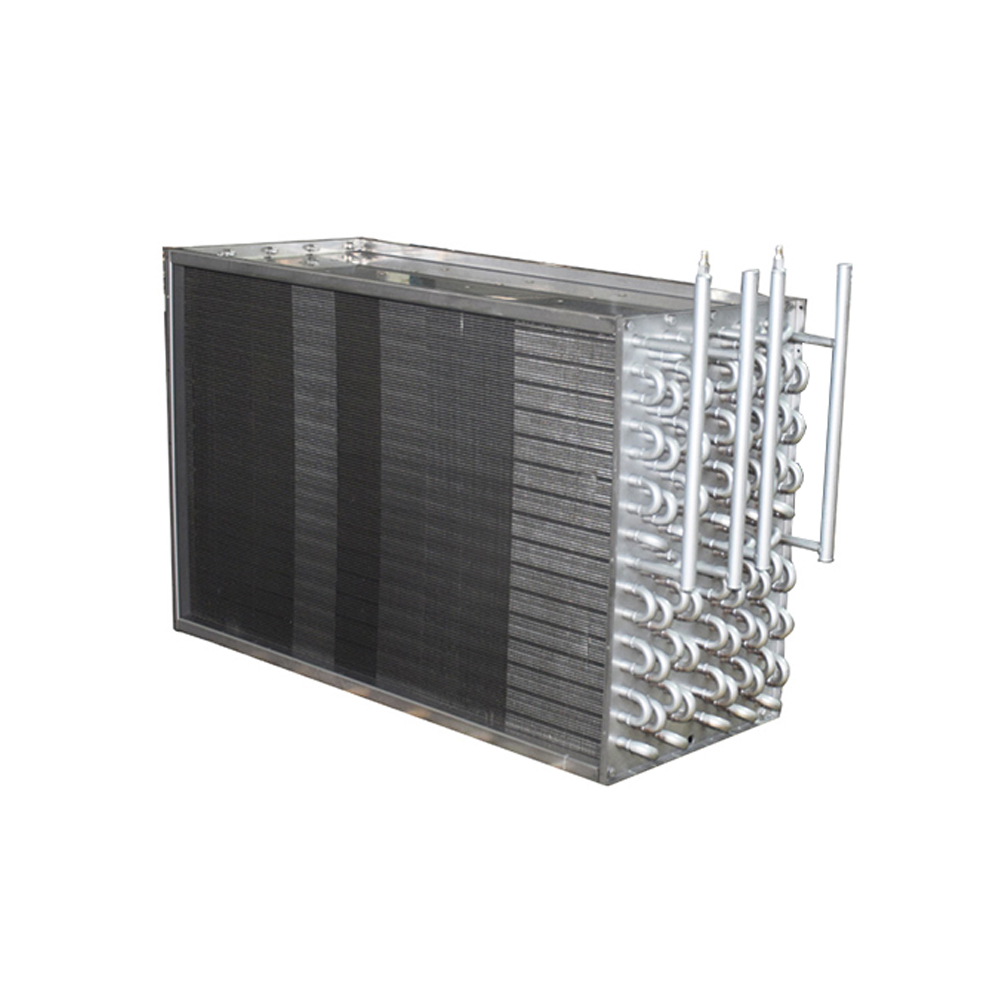
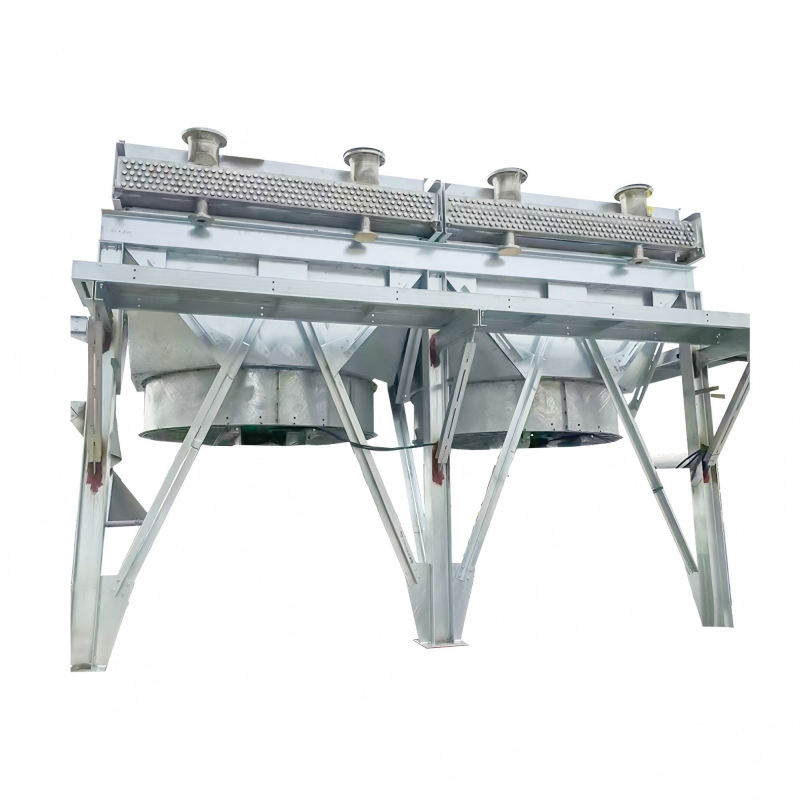
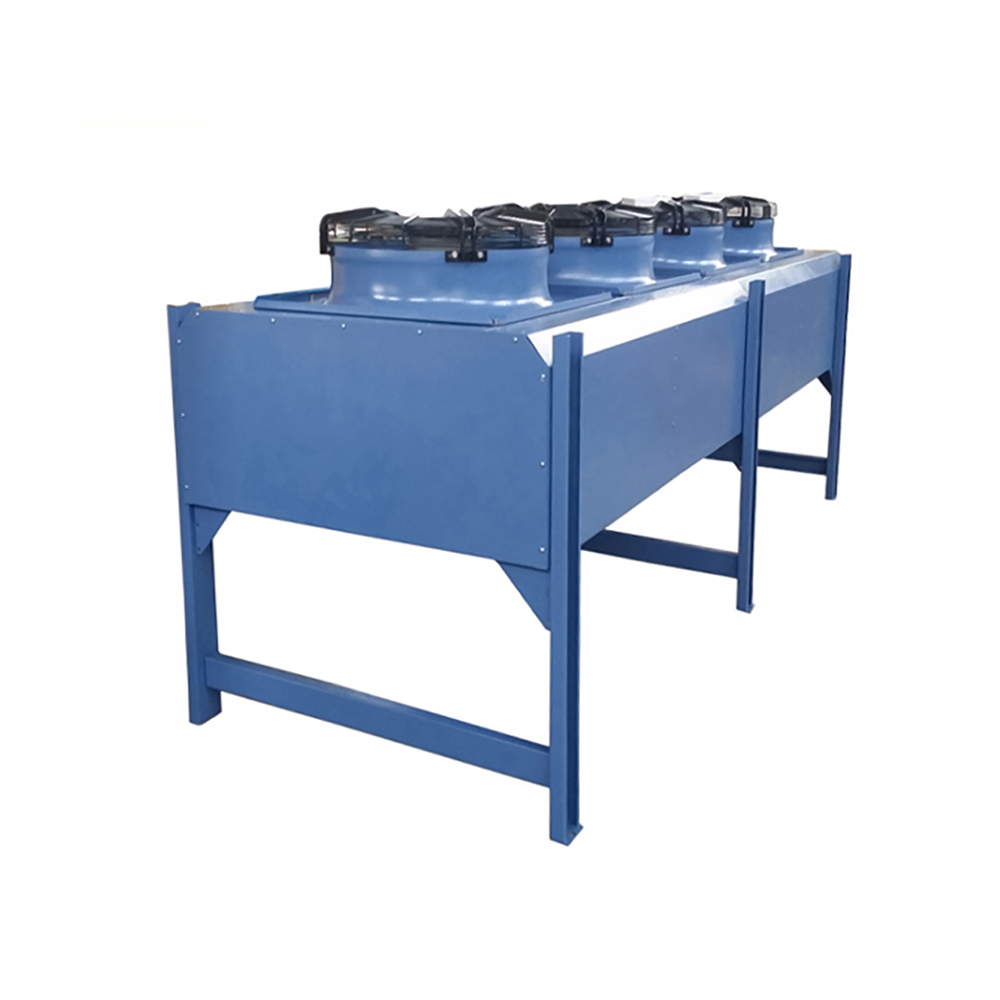
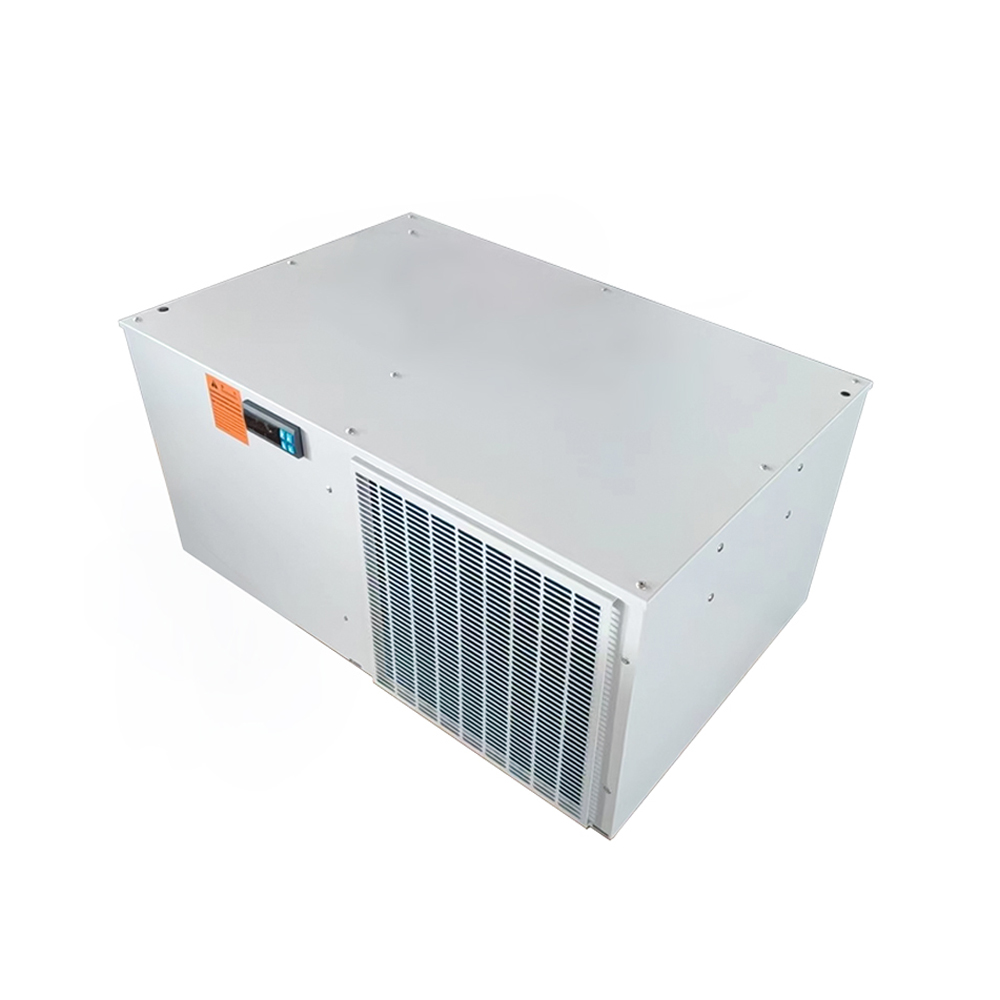
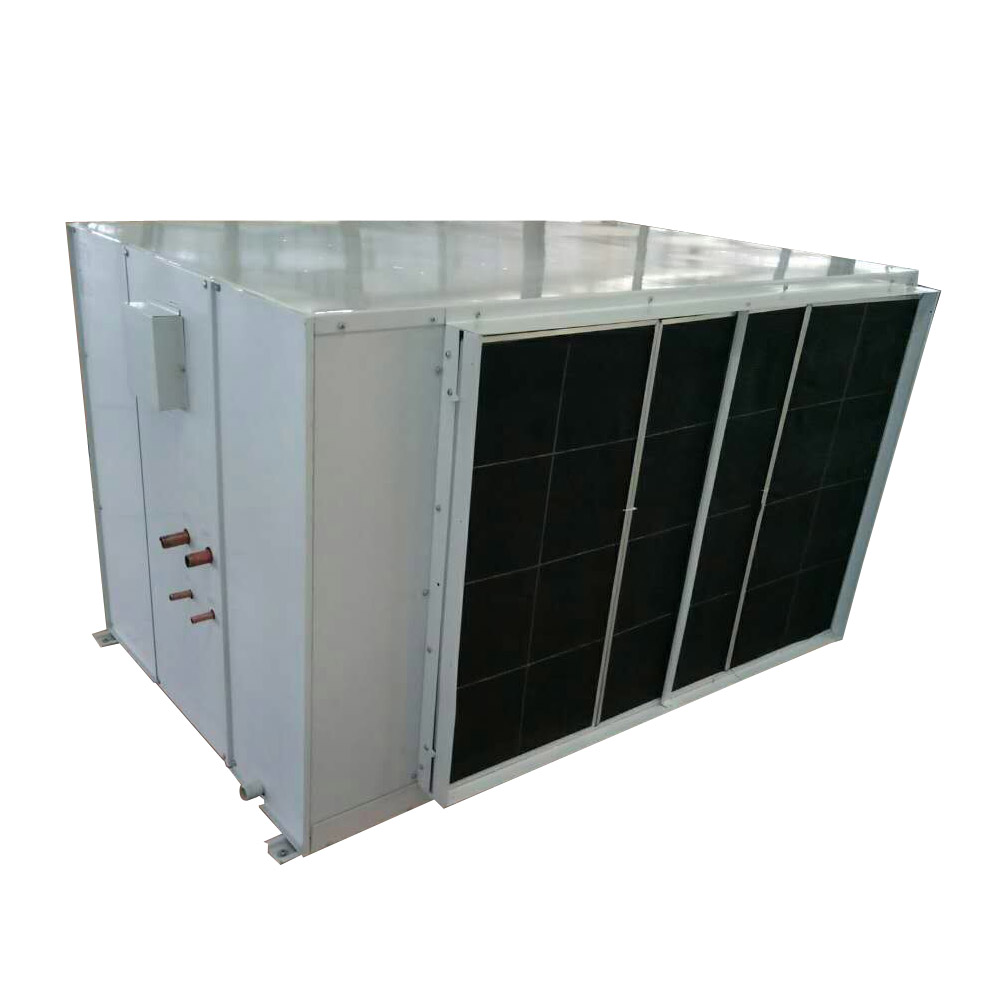
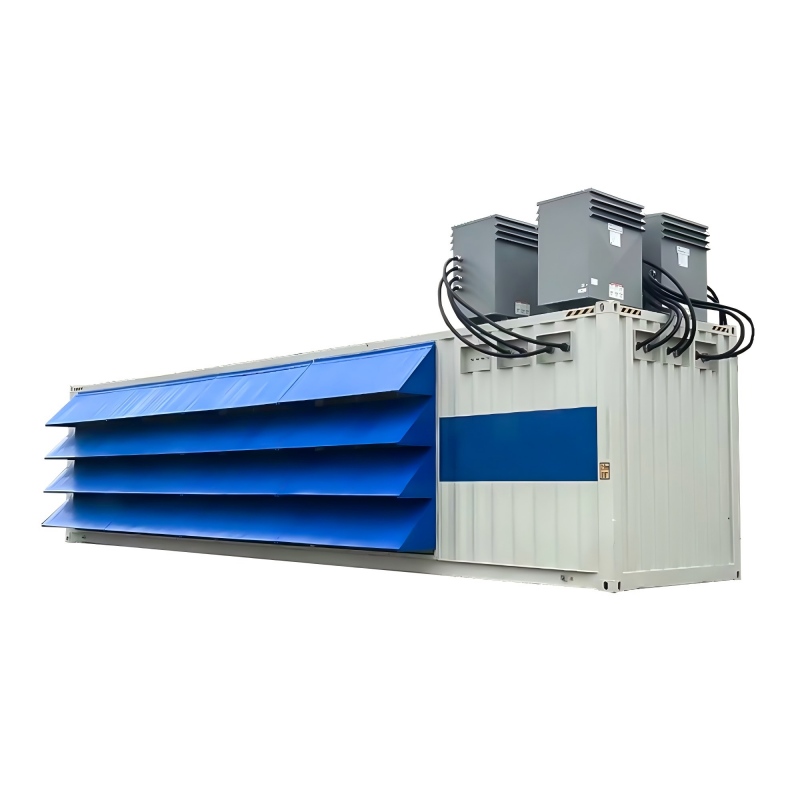
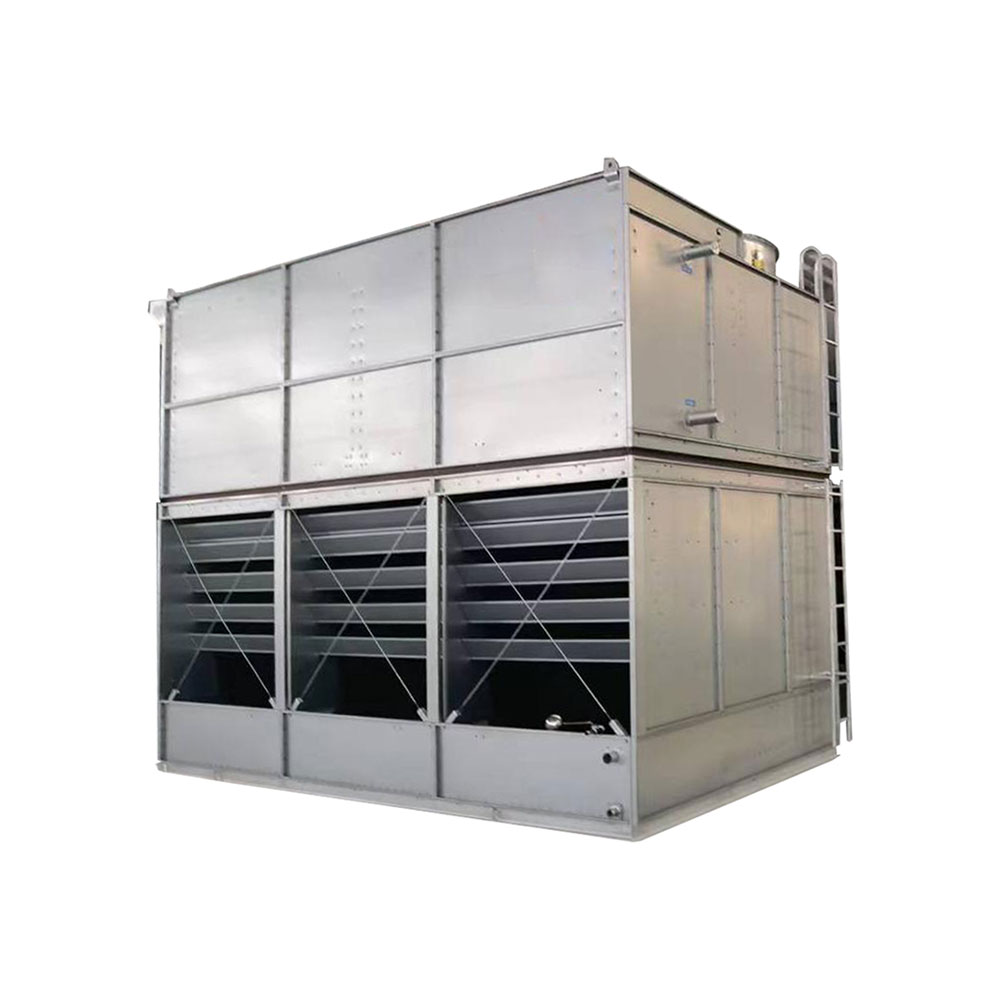
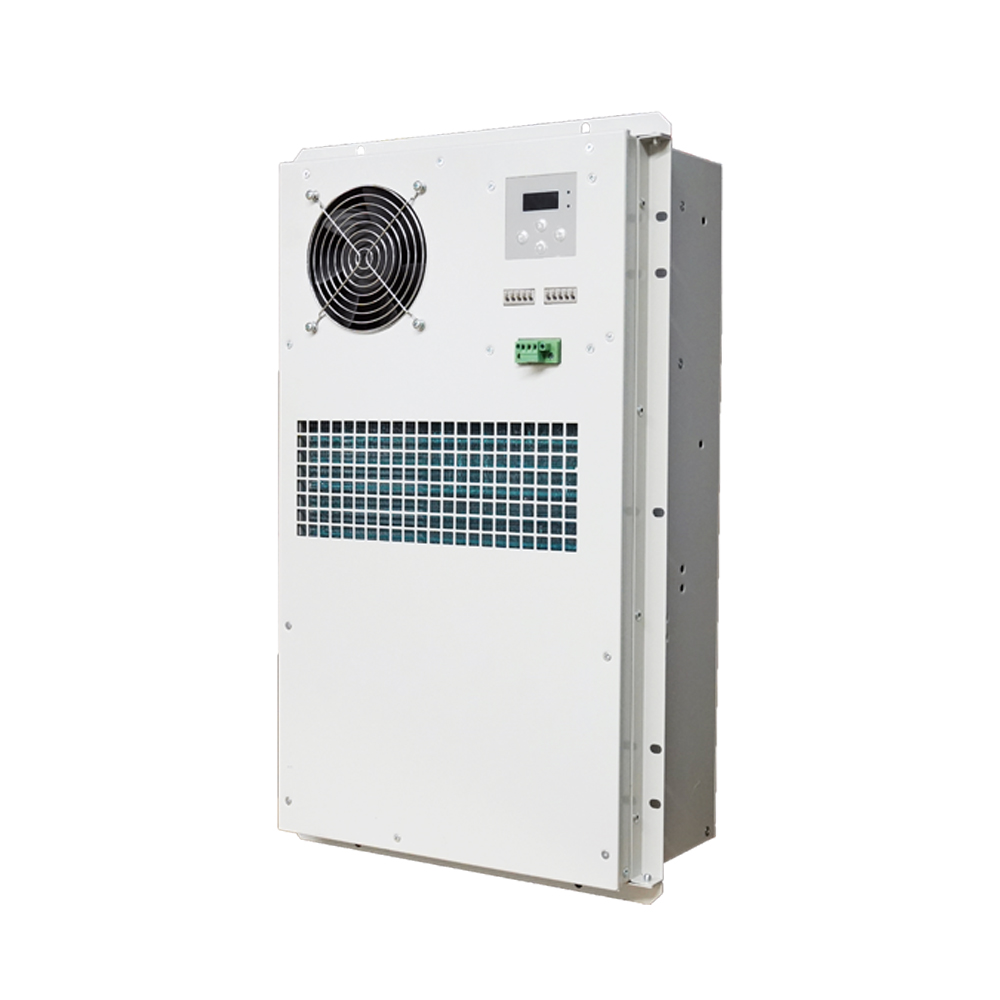
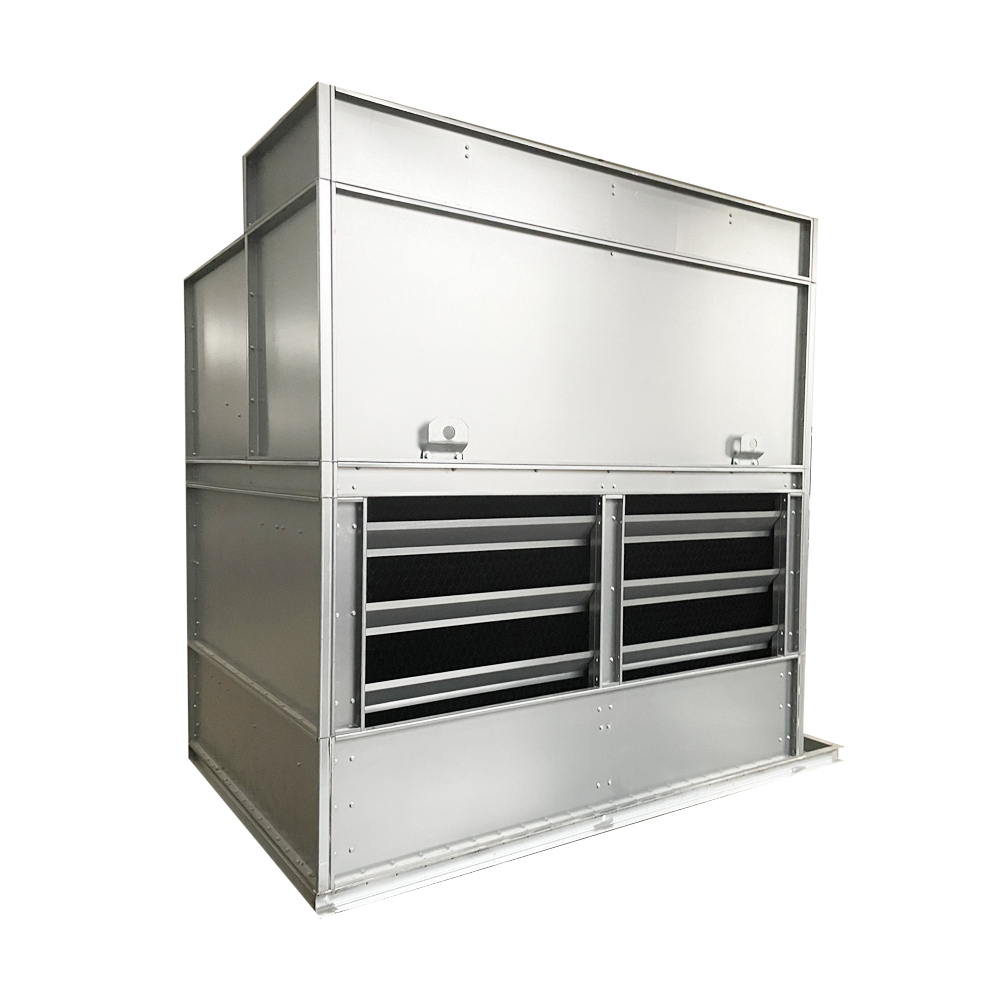
.jpg)